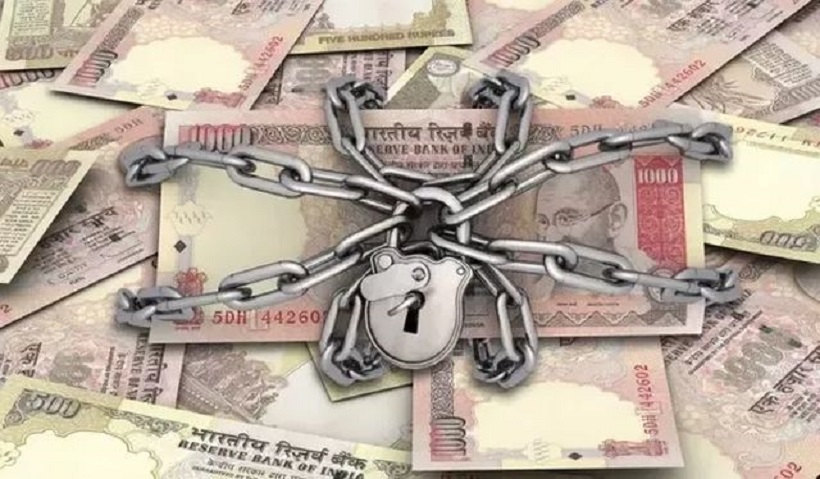NaMo and NoMo (No Money AKA Demonetisation): An NRI’s Perspective
Narinder Modi’s demonetisation policy of November 2016 has been criticised by economic analysts as a failure of epic proportion because it failed in its main objectives of flushing out black money and tackling counterfeit currency.
According to RBI reports, 99.3% of the “demonetised” money was deposited into banks and thus only 0.7% of black money was extinguished. Second, the number of counterfeit currency notes detected after demonetisation was no different from that in the previous year.
Furthermore, demonetisation was blamed for immense suffering of countless ordinary people, who needed cash for their daily lives and the detrimental effect on heavily cash reliant sector of small business and agriculture
This bold decision to withdraw 86% of currency in circulation was unprecedented in international economic history. Previously, such a strategy had been pursued only in condition of hyperinflation, war, political upheaval or other extreme circumstances.
But the effect of demonetisation has to be seen in a wider context. For example, the compliance figures for income tax (IT) has shown an increase in the number of IT returns and the revenue collected since the demonetisation.

And, the failure of demonetisation was primarily a failure of implementation. Inadequate contingency planning for such a sudden move caused most of the avoidable inconvenience and personal suffering. However, Modi’s sincerity of purpose was never in doubt. In contrast with the criticism of the economists, the general public accepted the inconvenience as a price worth paying.
Going by its unprecedented nature, it could not have been an easy decision for Modi to embark on this move. He must have also known how unpopular his decision would be for the rich and powerful. That he decided to press ahead with his experiment clearly underlines his determination to tackle a major issue hurting India, viz, corruption and black money.
I remember reading, “A true surgeon is never fearless. He fears for his patients, his shortcomings, his own mistakes, but he never fears for himself or his professional reputation”.

These attributes apply equally to a Leader of a country.
A leader who can make unpopular decisions, on the strength of his conviction to act in the national interest, has to first overcome the fear for his own reputation. I can’t imagine, Modi did not have doubts about the success of his bold experiment. Nonetheless, it seems, he went ahead with the decision undeterred by concerns of any blemish on his own image.

In any case, the jury is still out on the eventual outcome of demonetisation. it is premature to pass the final judgement now, as it would take some more years for its full repercussions to unfold.
In the overall assessment, I am not dismissing the suffering of the millions of innocent people, caught up in the chaos of its implementation either. Far from it.
That the public silently endured it and stood by his actions proves that his sincerity of purpose has not gone unnoticed. Even if it has made a small dent on the public’s consciousness of the evils of corruption and black money in India, the “gamble”, in my view, has not failed.

Ajaya Upadhyaya
December 2018


Viewers Comments